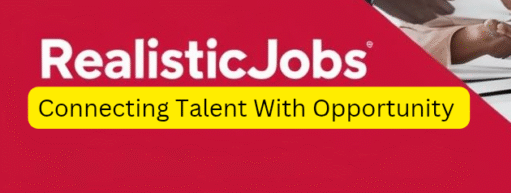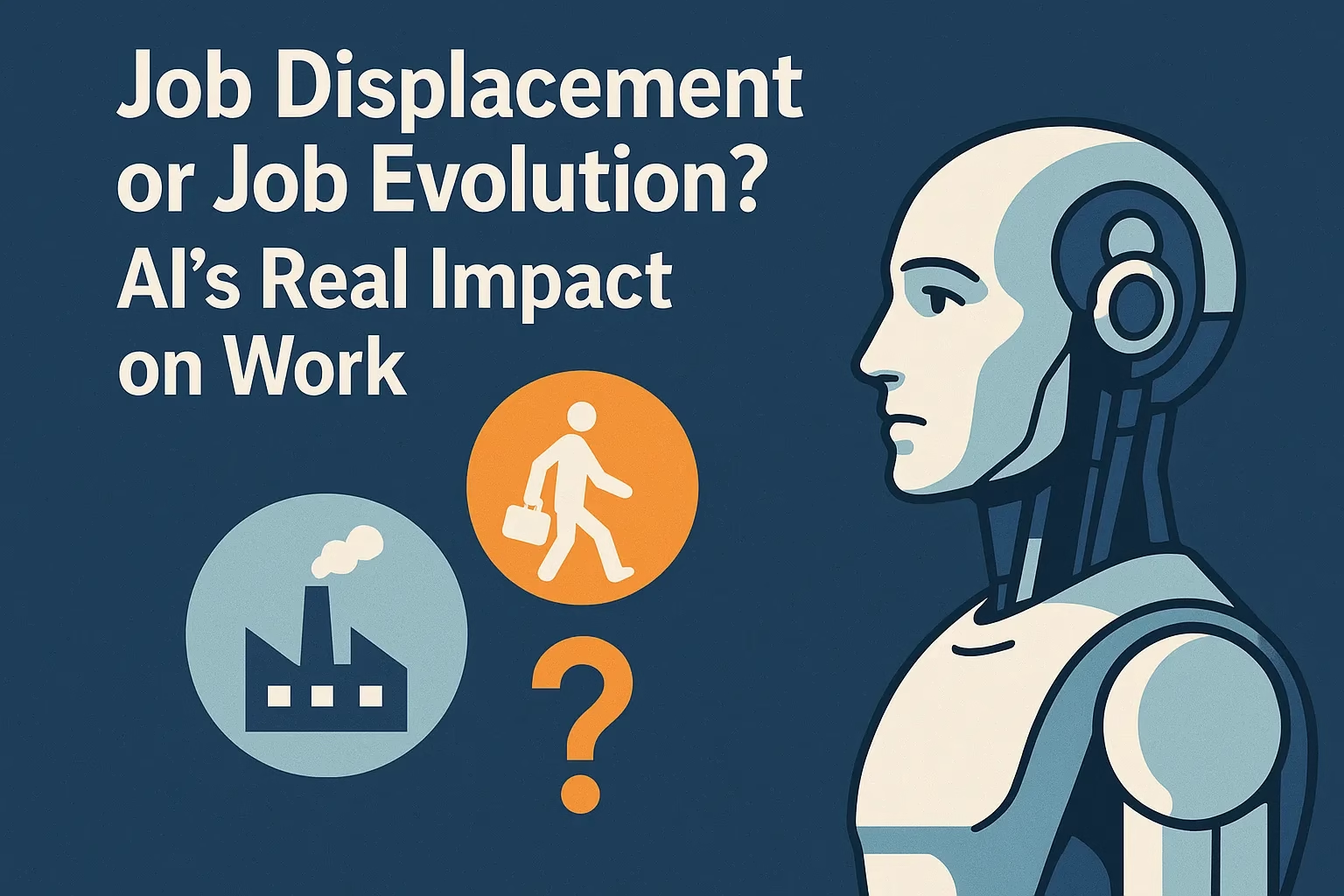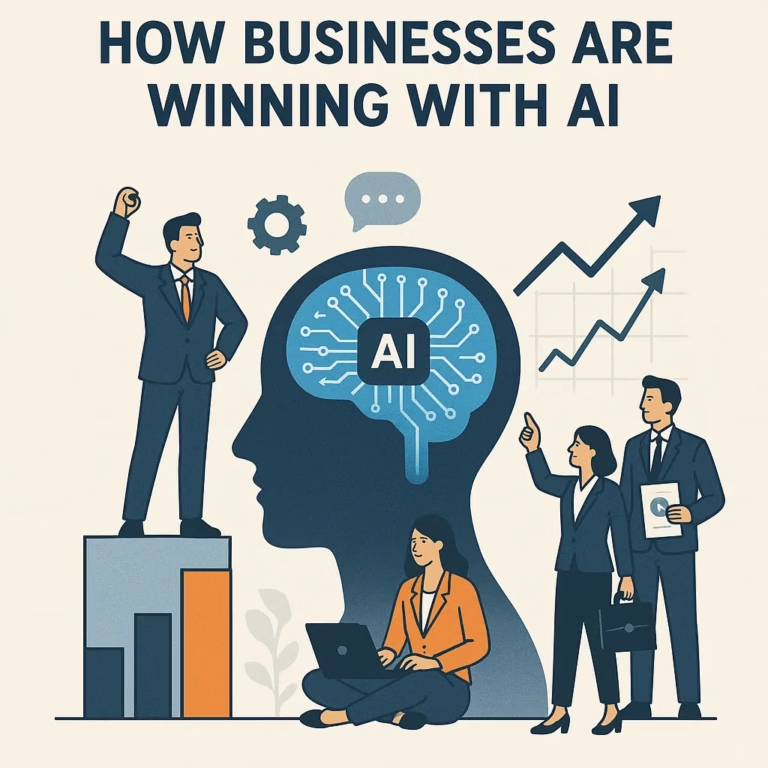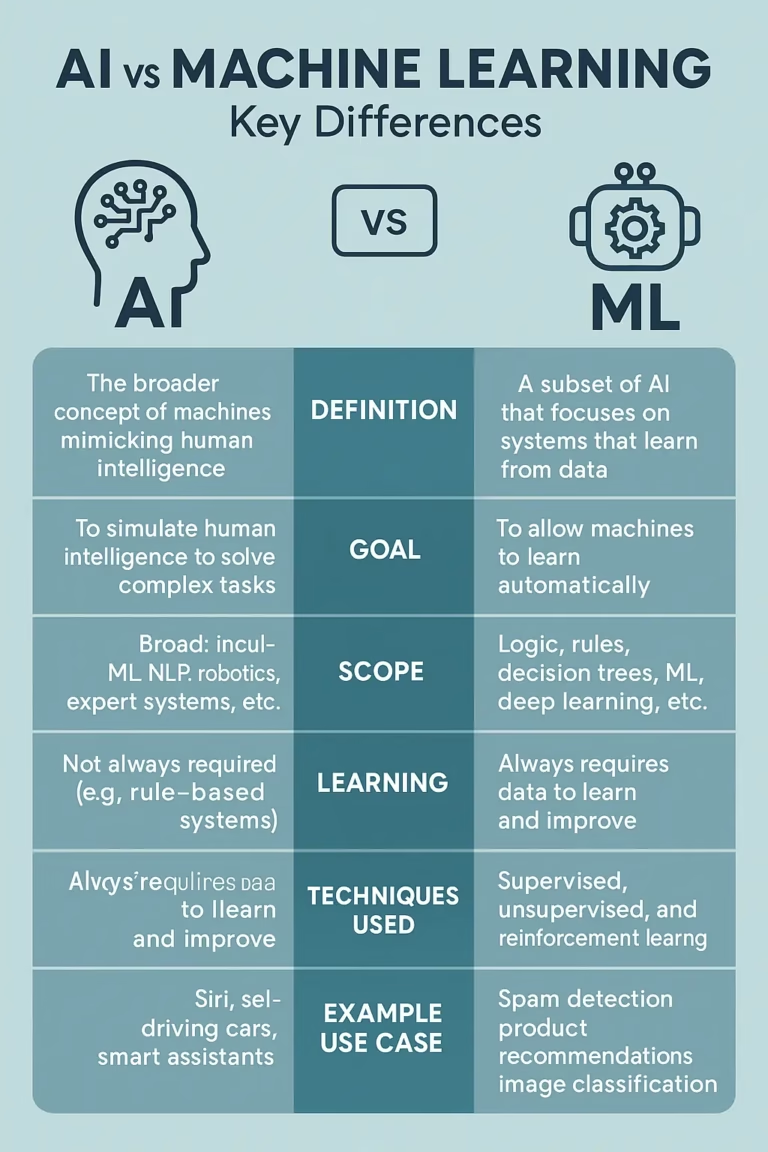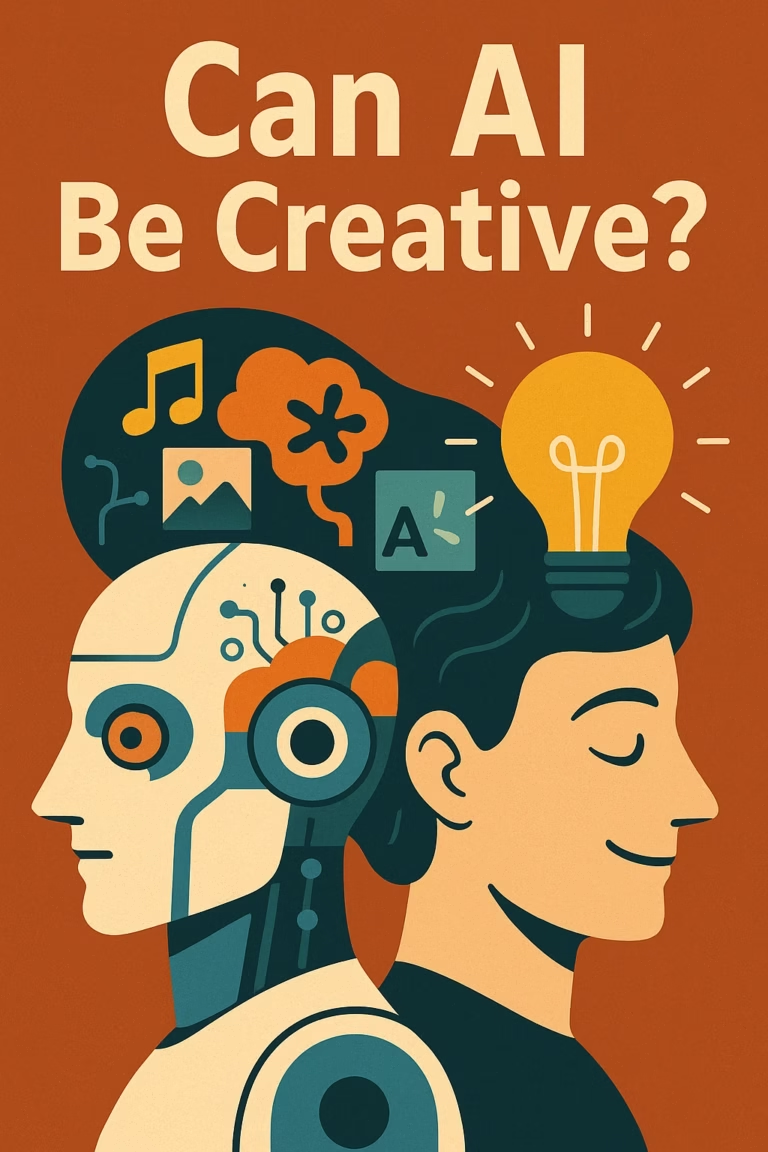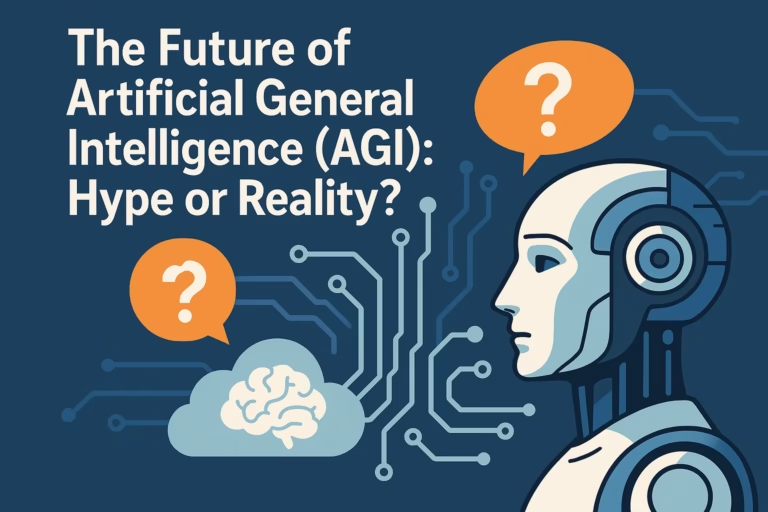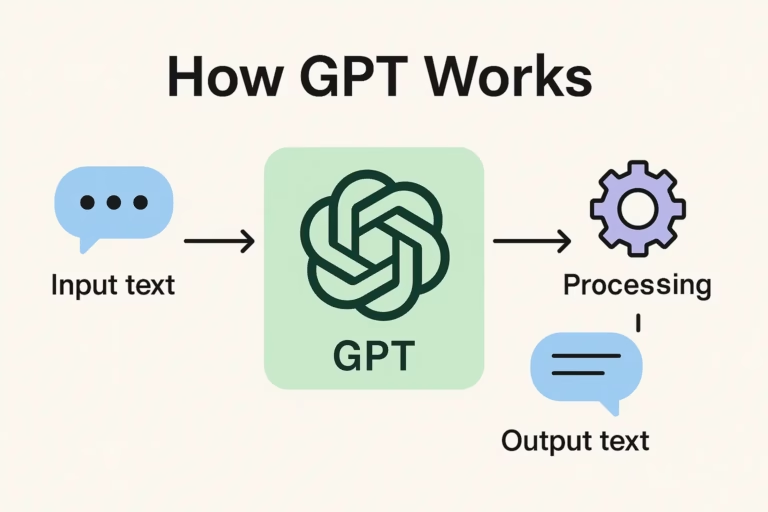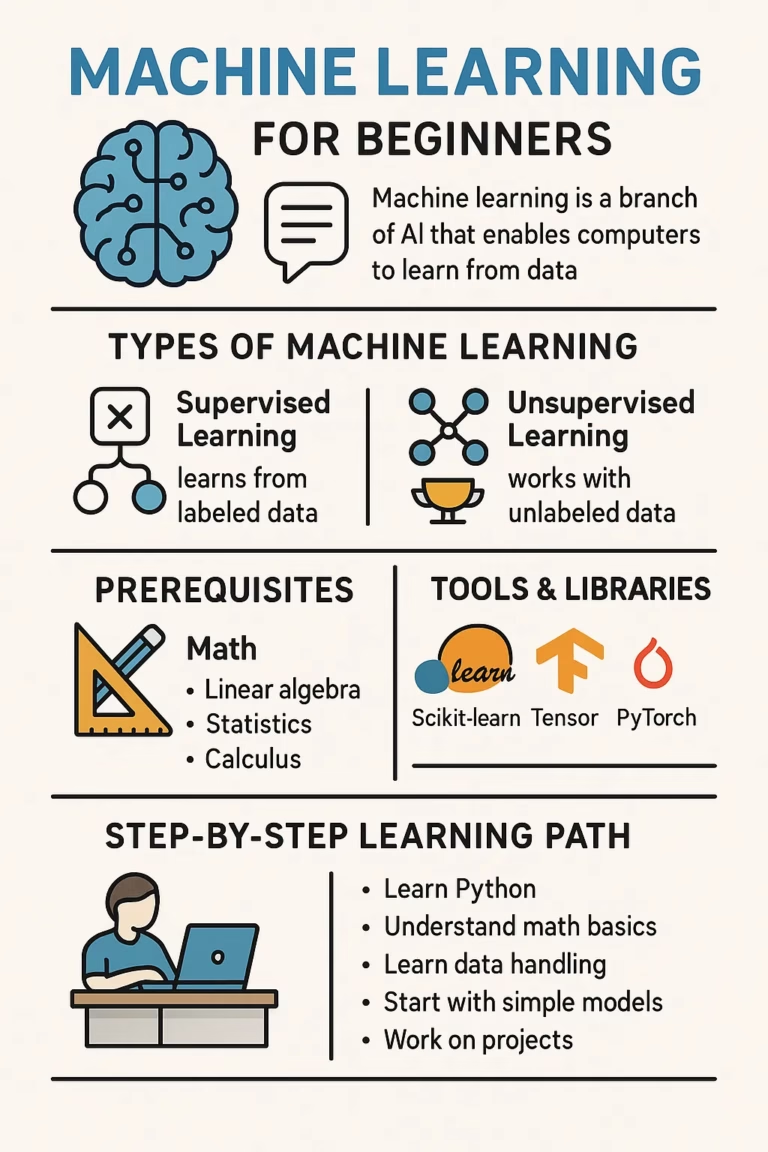Job Displacement or Job Evolution? AI’s Real Impact on Work
The rise of artificial intelligence has sparked a mix of excitement and anxiety across the workforce. On one hand, AI promises increased productivity, efficiency, and innovation. On the other? Job loss. Automation. Uncertainty. So what’s the truth?Are we heading for mass unemployment—or are we witnessing a transformation in how we work? Let’s explore the real…
The rise of artificial intelligence has sparked a mix of excitement and anxiety across the workforce. On one hand, AI promises increased productivity, efficiency, and innovation. On the other? Job loss. Automation. Uncertainty.
So what’s the truth?
Are we heading for mass unemployment—or are we witnessing a transformation in how we work?
Let’s explore the real impact of AI on jobs, and why the conversation needs more nuance than fear.
The Concern: Will AI Take My Job?
It’s a valid question.
AI-powered systems are now capable of:
- Automating repetitive administrative tasks
- Answering customer queries with chatbots
- Writing code, emails, and even legal documents
- Driving vehicles and monitoring machinery
- Analyzing vast data sets faster than any human
It’s no surprise that people are worried. Research from Goldman Sachs suggests that up to 300 million full-time jobs globally could be automated by AI in the coming years.
But that’s only one side of the story.
The Reality: AI Will Displace Some Jobs—But Create Others
Job Displacement is Real
Industries like manufacturing, data entry, transportation, and customer support are already seeing roles reduced or redefined due to automation.
However, it’s not about jobs vanishing overnight—it’s about tasks changing. For example:
- A bank teller may now focus on customer relationship management rather than cash handling.
- A copywriter might spend less time drafting and more time refining and strategizing content AI helped generate.
Job Evolution is Inevitable
While some roles will disappear, others will be created:
- AI trainers and prompt engineers
- Ethics and compliance officers for AI
- Data curators and analysts
- AI-assisted creatives, editors, and developers
The World Economic Forum predicts that while 83 million jobs may be displaced by 2027, 69 million new ones will be created—many of which don’t even exist yet.
Key Areas Where AI is Changing Work
1. Human + Machine Collaboration
AI excels at speed and scale, but humans bring creativity, empathy, and judgment. Together, they’re a powerful team.
Think: AI handles the routine, humans handle the meaningful.
2. Reskilling and Upskilling
The most AI-resilient workers are the ones who adapt. As AI reshapes job roles, workers must shift from task-based thinking to skills-based learning:
- Digital literacy
- Critical thinking
- Creativity
- Emotional intelligence
Related: How Businesses Are Winning With AI
3. A Shift in Job Value
Soft skills, leadership, communication, and problem-solving will become more valuable than ever—because those are things AI can’t replicate easily.
What Can We Do About It?
Whether you’re an employee, employer, or policymaker, here’s how to prepare for AI’s workplace evolution:
For Workers:
- Learn continuously: Platforms like Coursera, edX, and LinkedIn Learning offer courses on AI, data, and digital tools.
- Focus on creativity and strategy: Let AI do the grunt work while you do what machines can’t.
- Understand how AI impacts your industry and position yourself to adapt early.
Employers:
- Invest in retraining: Don’t just cut jobs—help employees grow into new roles.
- Be transparent about AI adoption and involve your teams in the transition.
- Redesign work, not just workflows: Rethink the purpose of human roles, not just how to automate them.
For Society:
- Develop clear policies and protections to ensure fair transitions.
- Encourage ethical AI development that puts human well-being at the center.
- Support access to education and career mobility for all.
Final Thoughts: Evolution, Not Extinction
The question isn’t “Will AI take our jobs?”
The real question is “How will we evolve as AI changes the nature of work?”
Like past technological revolutions, AI will disrupt—but it will also create. The key lies in how we respond, adapt, and redefine the role of humans in the workplace.
We’re not being replaced—we’re being repositioned.
How do you feel about AI’s impact on your work or industry? Let’s start a conversation in the comments.
